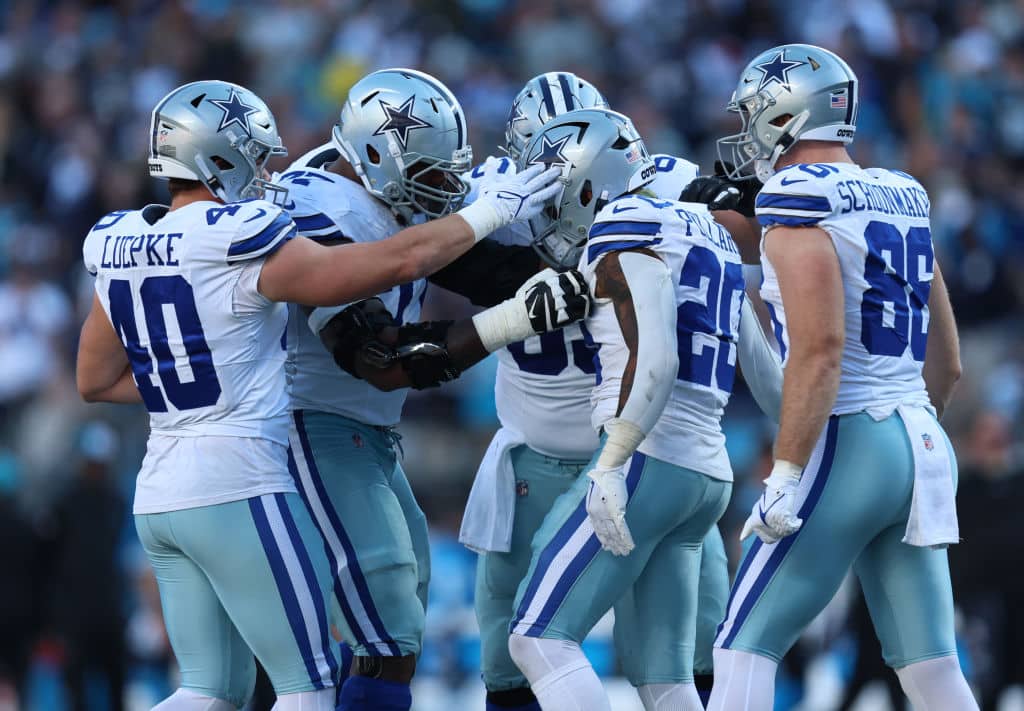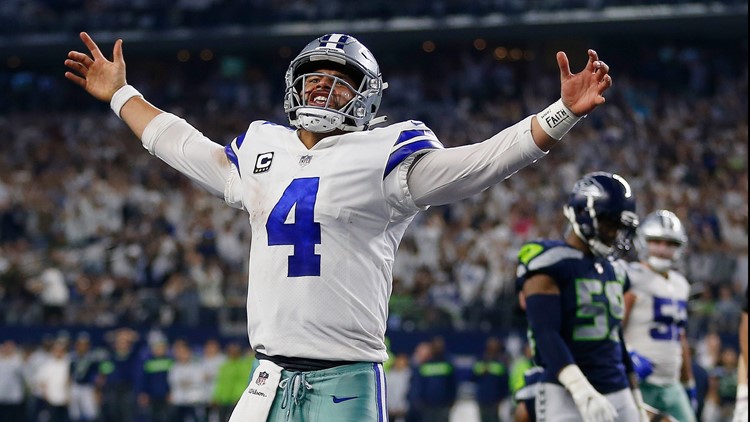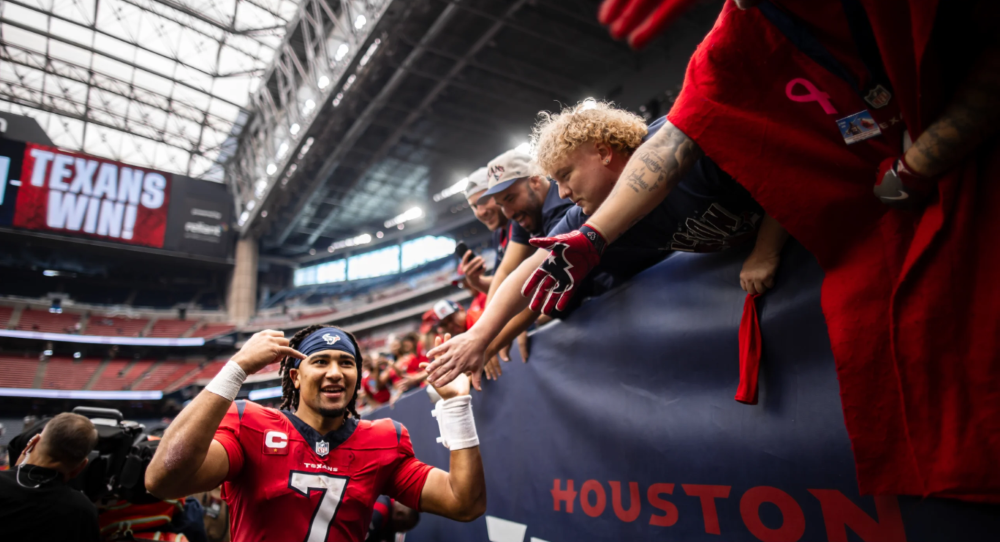News & Updates

Week 11 made most Survivor Pools way more interesting, as Washington knocked out about 30% of all entries. If you were lucky enough not to have them available to you, then you most likely survived and are possibly close to taking your pool down. This week, I will go over the best plays on the board, as always, but I also want to discuss hedging and the different ways you can go about it.
Key:
- Win Projection: I calculate win probability based on each game’s mid-point of the money line.
- FV (Future Value): This value comes from look-ahead lines. Lower numbers indicate more future value for a team.
- Pick%: This shows how frequently a team is selected across major websites, according to survivorgrid.com.
- # Unique teams: If you have multiple entries, you can decide how many teams to spread your risk across.
We are now in week 12 of the season. The future value of teams becomes less critical as the future is now. But we still want to look out a few weeks, depending on the pool size, to make sure we are picking teams optimally. First, let’s look at the spreadsheet for Future Values 0 and 50. When using a FV of 25% it basically looked the same as 0 does.


When we look at no future value, the teams with the greatest chance to win are always the best plays.
This week, Dallas and Miami are those two teams. There is also a good chance you do not have either of these teams at your disposal. If you have one of these teams, is this the week to take them? You should take Dallas in all formats this week. In a small pool, you may have the only Dallas to be taken or at least one of the only ones, which means you can take the pool down right now with the biggest favorite on the board. This is the reason you save a team like Dallas.
You may be able to hold off for Miami, as they will be a good choice again next week. But this will depend on your pool size and your other options. You will need to weigh your next best option this week against the next best option next week because Miami may be a play for you in week 13 @ Washington. If you have Jacksonville available, you will want to go with Miami now and then Jacksonville next week. You may even look at Tampa Bay next week, which will undoubtedly be a popular choice, but you have a massive leverage play this week with Miami.
The most popular team being taken this week is Minnesota. Most have not taken them yet, and they have a 61% chance to win their game. It is obviously not a game you will feel too confident in, but it will be rare that you are overly optimistic about your pick at this juncture of the season. The advantage of taking Minnesota is they play on Monday Night. Depending on your pool size, you may want to take them for their hedging value. I will go into this more in a bit. In large pools, you will have another crack at Minnesota in week 17 when they host Green Bay. Outside of that, you will unlikely want to take them again.
Tennessee is the next most popular pick on the week, getting about 20% of the public backing them. This will likely be the last time you want to take Tennessee this season. In larger pools, I would lean more toward Tennessee than Minnesota. The leverage on both is not very good, but you can get rid of a team you probably won’t need again for the full 18 weeks.
Kansas City is the third most taken team and the third most likely to win. In smaller pools, you will more than likely want to take them now. You will have other opportunities to use them, but you need to get to those weeks first. In a small pool where you will have most of the entries on 3 to 4-point favorites, you will have a chance to get close or take down the entire pool. You can consider getting off Kansas City in larger formats, but that will depend on your other options. At some point, you need to decide where and when you will make the big leverage play. If you pass on this week with KC, then you are likely backing one of the chalkier teams like Minnesota or Tennessee. If that is the case, you are saying you like one of those teams’ chances better to win this week than you do another option available to you next week or week 15.
The same advice for Miami and Kansas City I have for you on Detroit. It is unlikely you have them available, but if you do, you need to weigh your options in the weeks Detroit is a potential pick, like weeks 14 and 15. This is a great week if you have any of these big favorites to make a leverage play and fade the most popular picks of Minnesota and Tennessee.
Hedging
I do not like hedging parlays or futures bets because these are losing bets over time. (Feel free to hit me up on Twitter @statsational, and I can give you the data on this.) But hedging in pools like Survivor is a smart way to play. You are a dog to win any large survivor pool ever in your lifetime. If you play in a pool of just 100 entries and you have 1, then you may never win that pool ever. That is just the reality of these pools, but the dream of winning a big prize keeps us returning. For this reason, we want to use some of the equity we have built up to this point in the pool and hedge. The hedge is meant to ensure we at least get our money back and hopefully more. You pay the house some juice to level out the variance.
I mentioned equity, and that is for good reason. You should calculate the equity you have in your pool before deciding whether or not a hedge is a good idea. If you are one of 5 entries in a pool that pays out $10,000, then you have $2,000 in equity. That is the number you are now working with for hedging purposes. The longer you wait to hedge, the more risk you take of being eliminated, but the more equity you can potentially build up, the more you can hedge.
The first thing you want to decide is how to hedge. My preference in hedging is to bet the spread line and not the money line. I like the option of having a chance to hit a middle. This is when my survivor pick wins but does not cover the spread. You can bet the opponent of your Survivor pick on the money line, which will allow you to risk less because the team you are betting on in the hedge is likely an underdog, and you will be getting plus money on the bet.
The biggest question is how much to hedge. There is a bit of science but a lot of art to this, as we do not have concrete numbers to work with. If you were hedging a futures bet on the Super Bowl and your team was in the Super Bowl, then we only have 2 outcomes, making it easy to figure out a hedge amount, but in this scenario, we can find ourselves losing hedge bets every week and chewing into or eliminating all profit we may have if we win the pool.
Using the example where we have $2,000 in equity with 5 left, including us in the pool and a $10,000 pot, how would we hedge this? Assume we do not know anyone else’s picks when our game starts. Maybe we are on Tennessee, who play in the early game on Sunday. Your hedge will be for a max of $2,000 since that is your equity. But you will want to hedge for less than that because you may lose a few hedge bets and lose more than you were in the pool for. So, we want to risk a fraction of $2,000 on this bet. We have 7 weeks remaining. If nobody loses from here on out, we will split the $10,000 and get $2000 each. So the max we can risk this week is $2,000/7 or $285. If we lose the hedge bet and everyone advances, we maintain our $2000 in equity, but we lose $285 on our hedge. If we eliminate anyone and lose our hedge, our equity goes up, which means we can hedge a bit more next week. This strategy is banking on the fact that we will continue to increase our equity as the pool advances, which you most certainly will. If you do not, the hedge bets will not be helping you. If we are at $2,000 in equity next week and risk another $285, we are just trying to get back the $285 we lost this week. If our team eliminates us, then we make nothing by hedging. If this continues for multiple weeks, then your hedge bet does not cover the losses on previous hedges. Because of this, you will want to hedge something a bit less to increase your hedge bet size, regardless of whether you increase the equity in the pool as you advance.
If you start with a bet that covers your entry fee of, say, $100 and lose that next week, you can increase the hedge to $200. A loss there and you can increase the hedge to $400 and so on. You will likely increase your equity as you advance, allowing you to increase the hedge bets to return more if you get eliminated. You will also be betting on the spread, and you can win the bet and advance in the pool simultaneously. The lower you start the hedge bet, the more risk you take of being eliminated with nothing to show for it, but the more equity you get to keep as you advance. It is a personal preference.
The other thing you want to look at with hedging is opting for the latest game you can. This gives you more information. If you have Minnesota and 3 of the 5 entries lose before Monday night, your equity has now gone up to $5000, and your hedge bet can change accordingly.
Equity, time, and number of participants left will all factor in when and how much you hedge. In the above example, with 5 left, it’s unlikely we go the full 18 weeks, but if you are in a pool with 200 left, you indeed might. You must adjust the hedge to fit your pool and risk tolerance. The hedges get much easier to figure out with fewer remaining weeks, and fewer opponents. Waiting is risky, but risk is how we will make the big money!
Have a great Thanksgiving, and hopefully, I see you back here next week!












